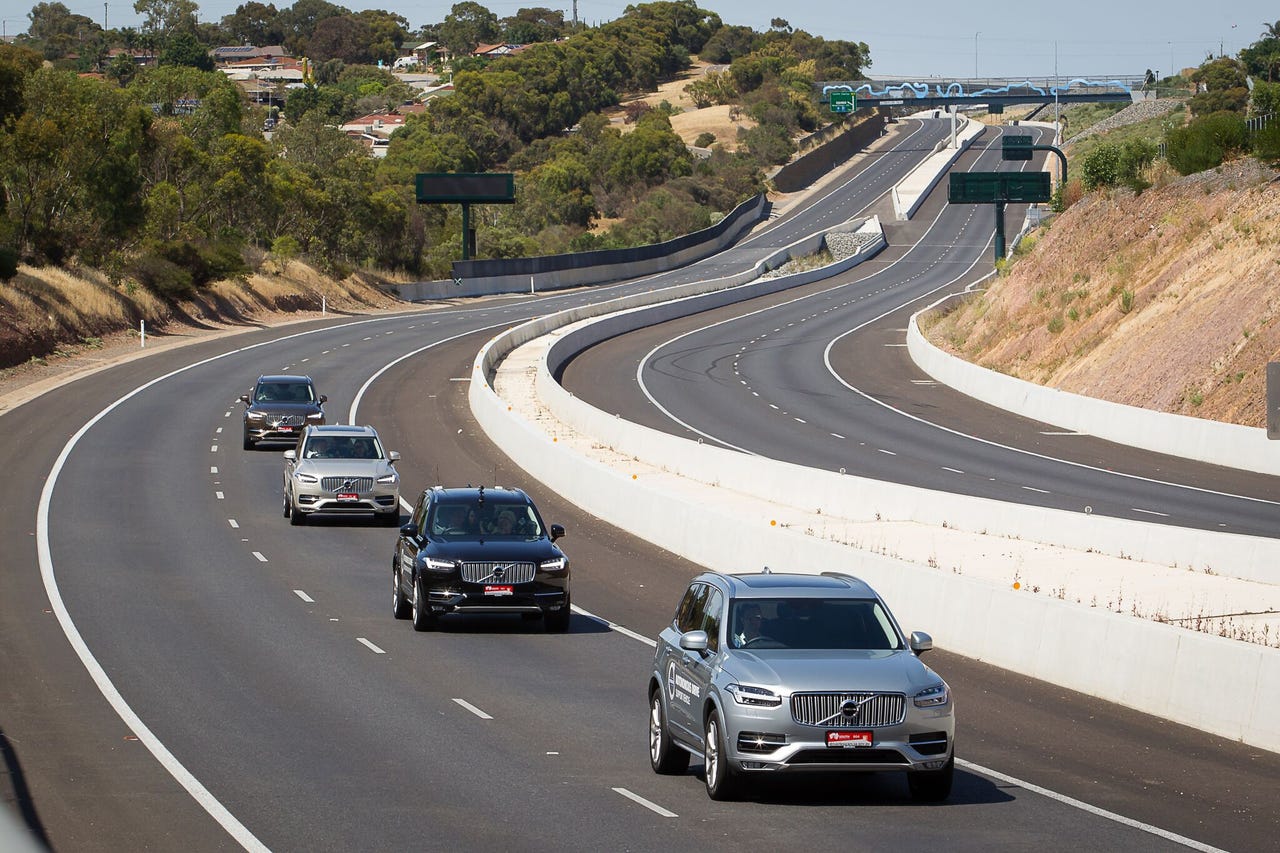US House approves bill to advance autonomous car testing


Companies working on autonomous vehicles include Ford, Waymo, Tesla, Baidu, General Motors, and Uber. (Image: Photojo)
Technology companies and automakers alike are making major investments to put autonomous vehicles on the road, but the patchwork of rules that govern US roads will have to be updated before driverless cars become a common sight.
The US House on Wednesday took steps to address this problem by passing the Self Drive Act, a bill that would exempt car manufacturers from various federal and state regulations, allowing for the eventual deployment of up to 100,000 test vehicles a year.
Read also: Magna launches MAX4 system, aims to scale autonomous driving broadly
The bill passed by voice vote, but it could have a tougher time making it through the Senate, where lawmakers already have a full legislative calendar to get through.
Companies working on autonomous vehicles have complained about having to comply with a variety of different safety regulations imposed at the federal and state level. Under the Self Drive Act, states would still decide whether or not to permit self-driving cars on their roads. However, the federal government could permit a car manufacturer to bypass certain federal safety rules, as well as some state regulations.
The bill has bipartisan support, and groups like the Consumer Technology Association praised it. CTA president Gary Shapiro said in a statement the bill gives "clear direction about the proper roles of state and federal governments in regulating self-driving cars."
However, critics of the Self Drive Act argue that the federal government, rather than simply issuing exemptions to the rules, should be imposing stronger nationwide standards for self-driving cars.
"Pre-empting the states' ability to fill the void left by federal inaction leaves us at the mercy of manufacturers as they use our public highways as their private laboratories however they wish with no safety protections at all," said John M. Simpson, director of the Consumer Watchdog's Privacy Project, in a statement. "The National Highway Traffic Safety Administration needs do its job and Congress should give the agency the money to do it."
He pointed out that President Trump has yet to nominate a NHTSA administrator. Under the Self Drive Act, the NHTSA would be expected to write new safety rules.
Meanwhile, the Self Drive Act doesn't apply to commercial vehicles, meaning self-driving trucks would still have to meet all state rules. Next week the Senate Commerce Committee is holding a hearing to consider whether self-driving trucks should be included in autonomous car legislation.
PREVIOUS AND RELATED COVERAGE
Intel's Mobileye is building a fleet of fully autonomous cars
The first slate of level 4 SAE vehicles will deploy sometime later this year, Intel said.
Magna launches MAX4 system, aims to scale autonomous driving broadly
Magna, a large contract manufacturer and supplier to the auto industry, launched an integrated autonomous driving system that will make its way through the supply chain.